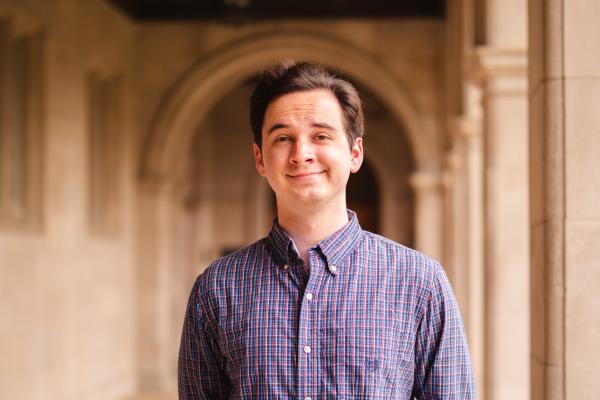My research focuses on the literature of our era of globalization, of which mass migration is a large factor. Across modernity and especially in the contemporary period, politics and literature have engaged with migration as nations have formed and borders have tightened and loosened. In absolute terms, the contemporary US has taken in more immigrants (refugees, asylees, high-skilled workers) than any other nation. As a part of the Great Society’s liberalizing reforms in the 1960s, the Immigration and Nationality Act of 1965 allowed many people into the country who previously faced barriers to immigration. Also passed in 1965, the Higher Education Act expanded American universities to similarly benefit the common good of the nation. The Higher Education Act doubled down on the earlier National Defense Education Act of 1958, a transformative law that rapidly grew domestic institutions of higher education. The 1958 Act was passed following the influx of post-World War II refugee professors and scientists. These highpoints of liberal legislation were not only meant as peaceful expansions of the welfare state, as these laws were constructed upon a foundational ideology of anticommunism. The anti-racist immigration reforms were a response to Soviet critiques of American racism, and the increase in education funding was explicitly paired with national defense. Socially liberalizing reforms were meant to strengthen American citizenship, labor, and anticommunism. American universities continued to grow with the increase in highly skilled immigrants following 1965.
With the replacement of the Cold War with the Global War on Terror, American immigration policy has again swung toward restrictionism. Large segments of the American people and state view newer arrivals, especially of minority ethnicities and faiths, with suspicion. Foreign policy thus continues to shape domestic policy, especially in debates on free speech, government spending allocation (here principally universities versus the military) and national conception of self. Beginning in the postwar era, my project seeks to understand American domestic and foreign policy primarily through literature, and in dialogue with political history and theory, to understand how contemporary immigration and universities operate today. As the university is the employer of many acclaimed contemporary migrant writers, whether they hold MFA degrees or not, the campus is the material foundation of contemporary fiction. The fictions of faculty members must be read considering their academic conditions of production. Literary culture reflects upon this material foundation through campus novels like Zadie Smith’s On Beauty (2005), a novel that employs literary realism to represent lives of contemporary, highly skilled immigrants. Other contemporary novels like J. M. Coetzee’s Diary of a Bad Year (2007) reflect on American imperialism from a similarly highly intellectualized and distinctly avant-garde position of a former American immigrant professor. To analyze contemporary literature through an academic immigrant lens is to see the reach of American culture and the American state across today’s world.



